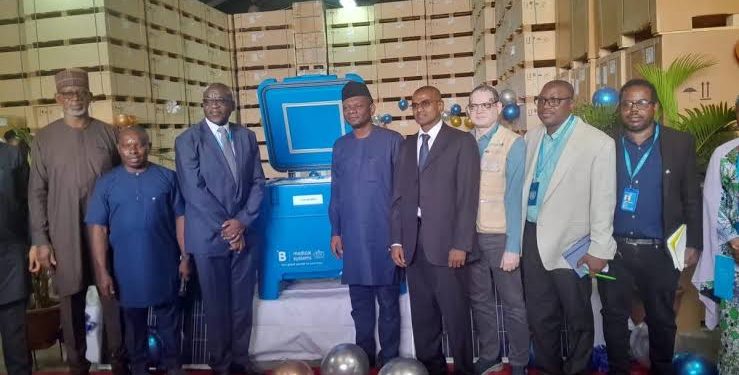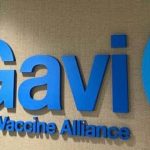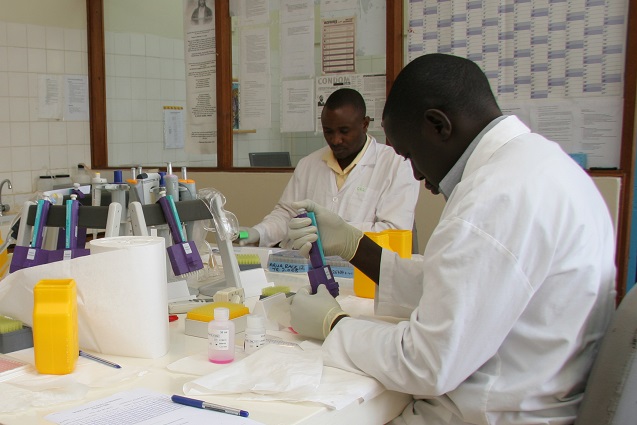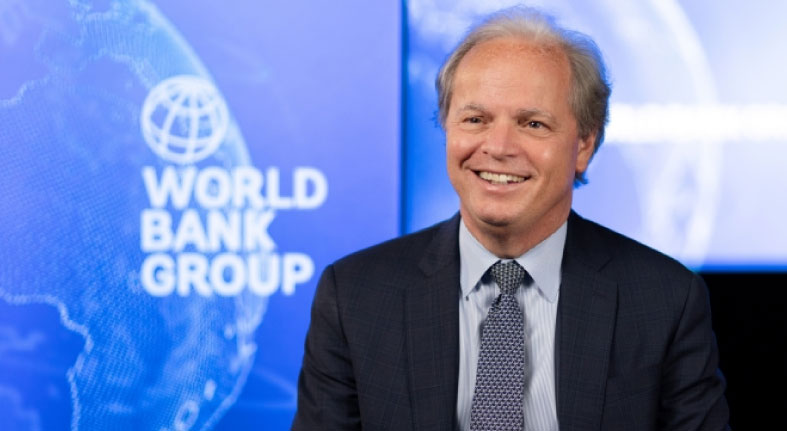The Federal Government has begun the nationwide distribution of 1,653 solar-powered cold chain units valued at $11 million, in a move designed to strengthen vaccine storage and delivery across Nigeria. Officials say the intervention will improve immunisation coverage and access to life-saving vaccines, particularly in hard-to-reach communities.
Speaking in Abuja during the official handover, the Executive Director of the National Primary Health Care Development Agency (NPHCDA) said the solar-powered refrigerators, procured with support from Gavi, UNICEF, WHO, and other partners, are part of President Bola Tinubu’s Renewed Hope Agenda to deliver quality healthcare, with immunisation at its core.
The Northwest will receive the highest allocation of 448 units, followed by Northcentral with 308. Other distributions include Southwest with 343, South-South 221, Southeast 205, and Northeast 128. Overall, 884 units, representing 53 percent, are being deployed to northern states, while 759 units, or 47 percent, will go to the south. Every state and the Federal Capital Territory is expected to benefit.
The NPHCDA explained that 525 units have already been warehoused in Abuja, while the rest are being dispatched across the country. Each unit comes with spare parts, temperature monitoring devices, and a 10-year maintenance agreement to ensure long-term durability.
UNICEF described the $11 million investment as the backbone of Nigeria’s immunisation infrastructure. Its Chief of Health, Dr Maharajan Muthu, said the handover demonstrates the impact of strong partnerships in building sustainable healthcare systems. He noted that the equipment would guarantee vaccine potency from storage to administration, helping Nigeria close gaps in child immunisation coverage.
According to UNICEF, the package includes 1,653 solar direct drive refrigerators, 165 sets of spare parts, and 30-day temperature recorders. Muthu added that while the equipment addresses one layer of challenges, additional efforts are needed around asset tracking, logistics, maintenance, and sustainable financing to ensure long-term efficiency.
The World Health Organization also welcomed the initiative, describing it as aligned with the global Immunization Agenda 2030, which seeks equitable vaccine access and stronger cold chain systems worldwide. The WHO representative said deploying solar-powered technology would not only guarantee vaccine potency but also advance environmental sustainability while reinforcing health system resilience.
Solar-powered cold chain equipment allows vaccines and other temperature-sensitive medical supplies to remain potent even in areas without reliable electricity. Officials said this distribution will play a critical role in preventing wastage, ensuring safe delivery, and reaching children in underserved and energy-challenged communities across Nigeria.










